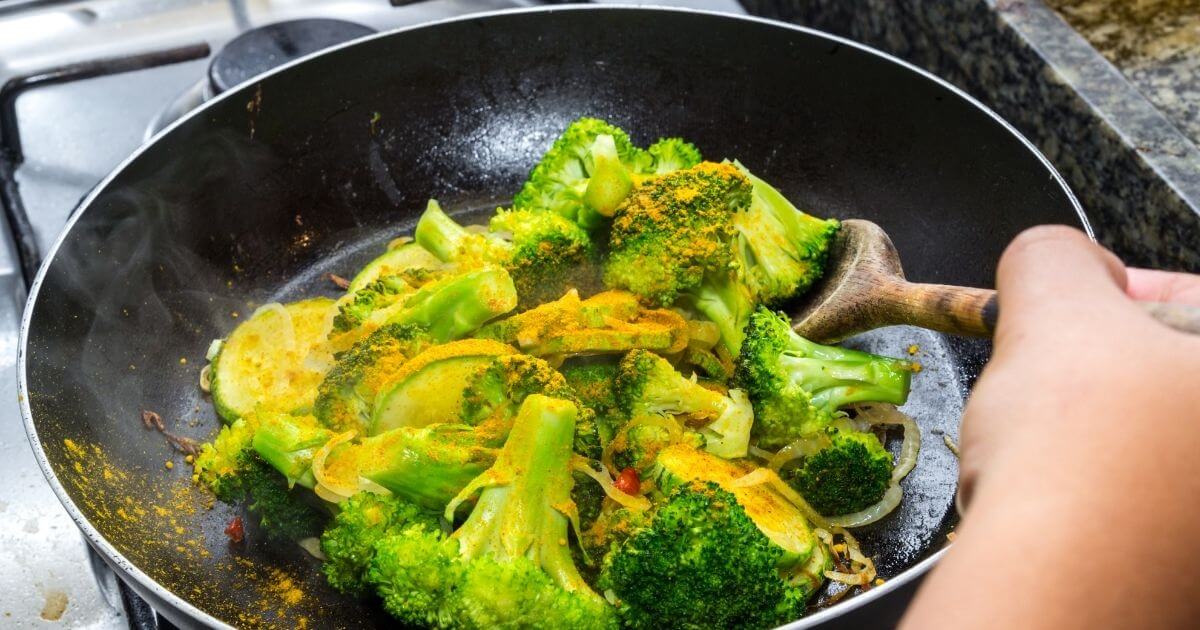At-Home Cooking Stays on Growth Path

Will consumers continue to pursue their stepped-up appetite for cooking at home?
At this point, most indications are that they will, but not with the same zeal as during the past 16 months when they had few other options.
Value and Health Drive Business
Seven of ten (71%) of U.S. consumers surveyed this spring say they’ll continue to cook at home in a post-pandemic world, with value (67%) and eating healthier (56%) being the motivating factors, according to consumer research firm Hunter, which polled 1,005 consumers aged 18-56 years old. About 75% of them grew more confident in the kitchen during the pandemic, with 54% reporting they had cooked at home more often.
It’s a pattern of great importance to a wide range of brands, manufacturers, retailers and service providers in categories such as food and housewares.
Some consumers will likely stick to in-home cooking alongside “early evidence of recovery in entertaining,” Sam’s Club CEO Kathryn McLay said at a recent Jefferies investor conference.
Long- or Short-Term Trend?
It’s not certain whether the increase in home cooking is a long- or short-term trend. “We are going to have to be nimble and figure that [in-home cooking trend] out, but it’s very tough to say what is long term because some of these trends” are going to end at some point, said Ravi Saligram, CEO of Newell Brands, which sells food-related products under the Rubbermaid (food storage) and Calphalon (cookware) brands. “There are some [cooking-related] businesses, whether it’s food, food containers or organization that are going to stick. So I think we’re in many categories that we feel pretty good about in terms of long-term prospects.”
In addition to the question of how long the recent spate of in-home cooking will last, is whether the meal kit business will continue its rapid growth in a post-Covid market. Before COVID-19 hit, the business already struggled with high operating expenses and low subscriber retention rates and sales in early 2020 had increased a mere 0.6% from the previous year. A year later, the year-on-year increase was 18.7%.
More than six of 10 (63%) of consumers surveyed by the research firm Mintel cited price as a reason for not subscribing; 68% said they didn’t want to order meal kits because they didn’t want to be tied down to a subscription service. But with so many having grown accustomed to online ordering of food and thousands of other services during the pandemic, meal kits still might have some renewed staying power.
“The changes in consumer behavior following the COVID-19 pandemic have been accelerating trends that were already happening,” research firm Rabobank said. “This includes a greater emphasis on convenience and health alongside increased internet usage. These factors have allowed some meal-kit companies to carve out their market.”
Some recent developments:
- Lifetime Brands will expand its reach at Walmart with a Beautiful Kitchenware collection of cutlery and kitchen tools that it developed with actress Drew Barrymore and Made by Gather CEO Shae Hong. The 160-SKU collection debuted in March with an air fryer and slow cooker. At the same time, Lifetime extended its KitchenAid license with Whirlpool to include cutlery in North America and bakeware in international markets, CEO Robert Kay Lifetime posted “double-digit” percentage sales increases in cooking products in the U.S. in the first quarter, and had “strong results” in the same categories across Latin and South America as many countries returned to lockdowns, Kay said.
- Hamilton Beach will pursue new business through “licensing and acquisitions,” as it seeks to capitalize on the demand for cooking products, CFO Michelle Mosier said. The company has experienced “broad small appliance demand” so far this year and expects to launch 130 products during the next two years, Mosier said. It’s increasing its focus on premium products, including a Bartesian cocktail machine that mixes drinks using flavored capsules and sales of which have doubled this year, Mosier said. It also sells ovens, toasters and coffee makers under the Wolf Gourmet brand.
- In yet another sign of in-home cooking interest, there’s been “elevated demand” for canning products, including Newell Brands’ Ball line, which recently debuted a nesting version that cuts the space required for its storage by 30%, Saligram said. Newell also is seeing “solid demand” for food storage and sales of its Calphalon cookware increased 20% in the first quarter, Saligram said. Heightened consumer interest in gardening also “bodes well” for canning-related products, he said.




